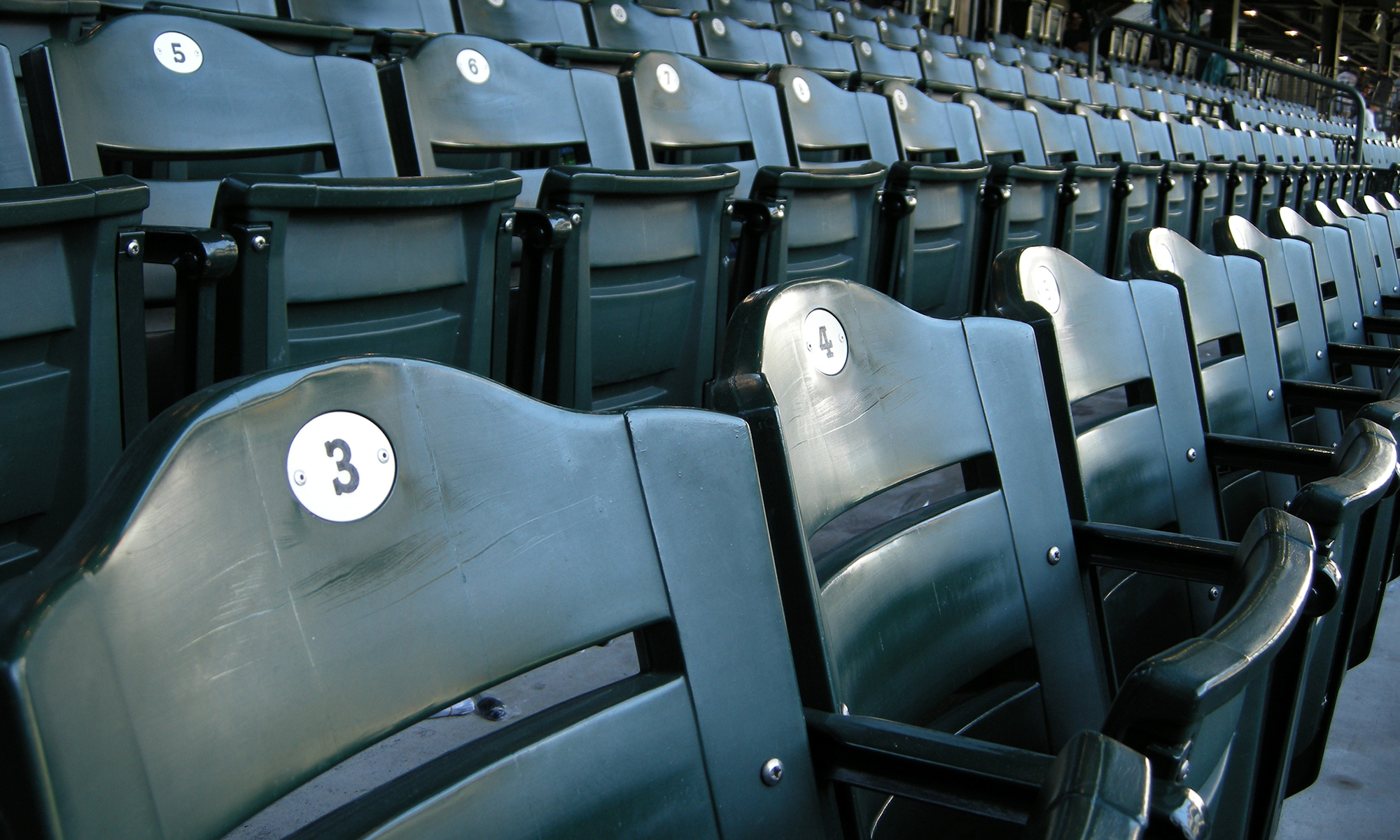The battle between former Las Vegas Raiders head coach Jon Gruden and the NFL took a significant turn this week when the Nevada Supreme Court refused to force Gruden’s claims into arbitration. Gruden’s lawsuit alleges that the league and Commissioner Roger Goodell intentionally leaked private emails, triggering his resignation and damaging his reputation. The court’s ruling not only revives Gruden’s case in open court, as opposed to private and confidential arbitration, but also raises broader questions about the limits of arbitration clauses in professional sports contracts, particularly when the party seeking to compel arbitration is dealing with a former employee.
Arbitration Clauses, Unconscionability, and Former-Employee Status
In its August 11, 2025, decision, the Nevada Supreme Court, by a 5–2 vote, reversed a May 2024 panel ruling that favored arbitration. The majority found that the NFL Constitution’s arbitration provision was unconscionable as applied to Gruden. The court rejected the NFL’s attempt to invoke equitable estoppel to bind him to arbitration, holding that such doctrines do not apply to former employees in these circumstances. As a result, the trial court’s earlier refusal to compel arbitration stands, allowing Gruden’s case to proceed in a public forum.
Impact on the Litigation and the NFL’s Next Moves
The decision is a clear victory for Gruden, whose legal team framed it as an important win for employees challenging arbitration provisions they never expressly agreed to, or that no longer apply due to a change in status. For the NFL, the ruling is a setback but not necessarily the end of the road. The league has indicated it will explore further appeals, potentially including a rehearing before the Nevada Supreme Court or even review by the U.S. Supreme Court.
Broader Implications for Sports Law
Beyond the immediate parties, the case underscores an emerging tension in sports law: the balance between enforcing arbitration clauses, which leagues often rely upon to resolve disputes privately, and ensuring that such clauses remain fair and enforceable under state law. For practitioners, this ruling is a reminder to closely examine the scope, applicability, and procedural fairness of arbitration provisions, and particularly where a dispute involves former employees or matters that extend beyond the employment relationship.
